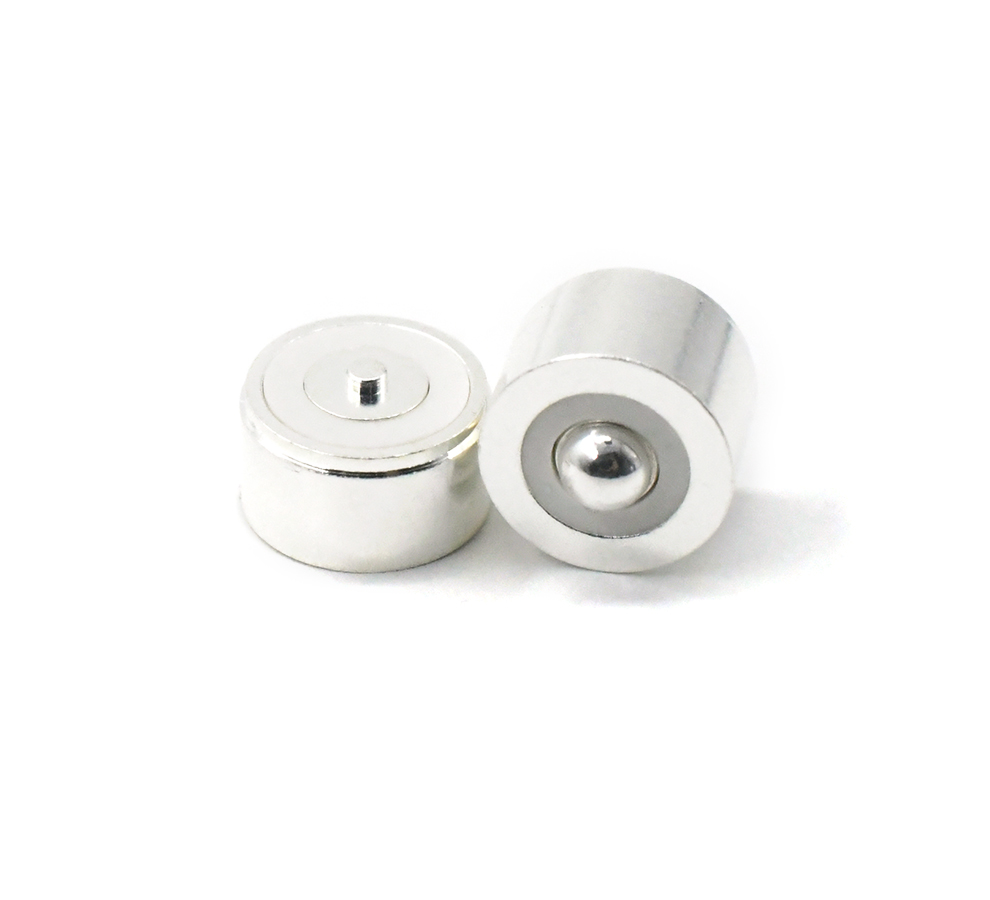Time:2025-04-12 Views:1 source:News

The imposition of US tariffs can have far - reaching implications for the pogopin industry. Pogopin, a type of spring - loaded connector, is widely used in the electronics manufacturing sector, which is highly globalized in its supply chain.
When the US levies tariffs on imported goods related to pogopin production, such as certain metals and electronic components, the immediate impact is on the cost of production. Pogopin connectors often require high - quality metals like copper, nickel, and gold for their construction. If these raw materials are subject to tariffs when imported into the US, manufacturers based in the US or those exporting to the US will face increased costs. For instance, if a US - based pogopin manufacturer imports copper from a foreign country, the tariff will raise the price of copper, squeezing the profit margins of the manufacturer. To offset these increased costs, manufacturers may either increase the prices of their pogopin products or try to cut costs elsewhere, such as reducing the quality of materials used, which could potentially affect product performance.
Moreover, the tariff situation can disrupt the global supply chain. Many pogopin manufacturers rely on components sourced from different parts of the world. Tariffs may force them to re - evaluate and restructure their supply chains. They might need to find alternative suppliers within the US or in countries not affected by the tariffs. However, this process is not without challenges. New suppliers may not have the same level of quality or production capacity, and establishing new partnerships takes time and resources. This disruption can lead to delays in production and delivery of pogopin products, which in turn can impact the entire electronics industry that depends on these connectors.
In addition, the threat of retaliatory tariffs from other countries can further complicate matters. If the US imposes tariffs on goods related to the pogopin industry, trading partners may respond by imposing tariffs on US - made electronics products that incorporate pogopin connectors. This can reduce the demand for US - produced electronics in international markets, indirectly affecting the pogopin industry as well. For example, if a major electronics manufacturer in the US experiences a decline in exports due to retaliatory tariffs, it may cut back on its orders of pogopin connectors, leading to decreased sales for pogopin manufacturers.
Read recommendations:
Reliable contact force Magnetic PogoPin